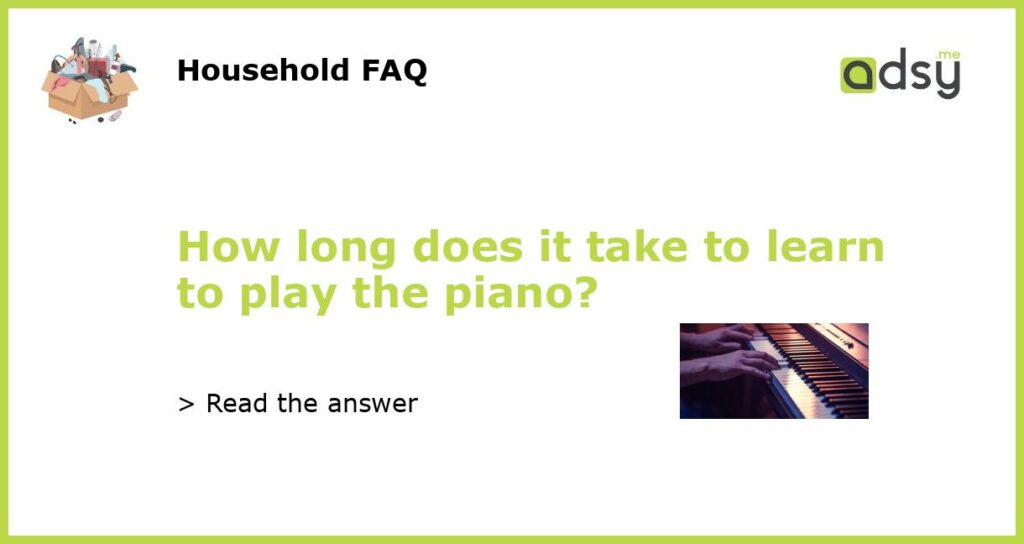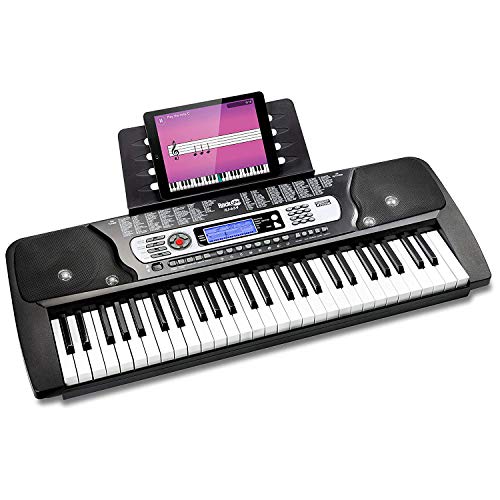The Time it Takes to Learn
Learning to play the piano is a process that takes time and dedication. The exact amount of time it takes for an individual to learn to play the piano can vary depending on various factors, including natural talent, previous musical experience, and the amount of time they are willing to commit to practice. However, in general, it is said that it takes an average of 6 months to 1 year to learn the basics of piano playing.
The Importance of Practice
When it comes to learning any musical instrument, including the piano, practice is key. The more time and effort you are willing to put into practicing, the faster you will progress in your learning journey. It is recommended to practice at least 30 minutes to 1 hour every day to see consistent improvement. However, if you are able to dedicate more time, you may see even faster progress.
Natural Talent and Musical Background
While practice is crucial, natural talent and previous musical experience can also influence the time it takes to learn to play the piano. Some individuals may have a natural aptitude for playing the piano and may pick it up more quickly than others. Similarly, if someone has previous experience with other musical instruments or music theory, they may have a head start in learning the piano. However, even without natural talent or previous experience, with consistent practice, anyone can learn to play the piano.
The Complexity of Piano Playing
The piano is known for its versatility and complexity. Learning to play the piano involves mastering both the technique and the musicality of the instrument. Basic piano technique includes learning hand positions, fingerings, and proper posture. Musicality involves understanding musical concepts such as rhythm, dynamics, and expression. Mastering these aspects of piano playing takes time and patience, but with regular practice and guidance from a qualified piano teacher or online resources, it is achievable.
Setting Realistic Goals
When embarking on a journey to learn to play the piano, it is important to set realistic goals and expectations. Understand that becoming a proficient pianist takes time and continuous effort. Set small, achievable goals along the way and celebrate each milestone reached. Whether it takes one year or several years, remember that the joy of playing the piano comes not only from reaching a destination but also from the process of learning and improving.






